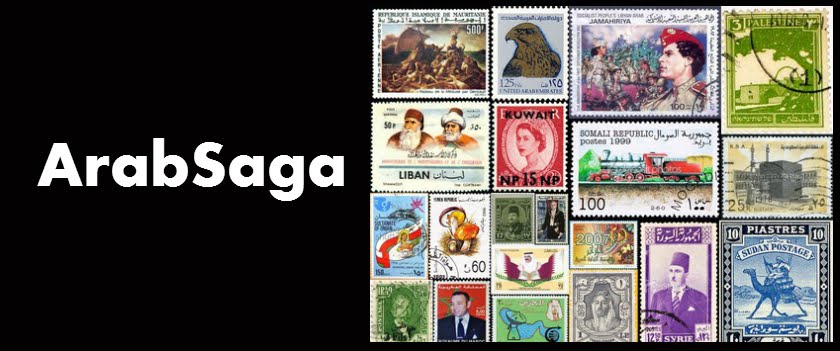 |
| Khalid ibn al-Walid Mosque (top) under shelling |
 |
| Khalid ibn al-Walid mausoleum (top) and before and after snaps of the mosque courtyard |
Syrian President Bashar al-Assad’s forces were today
using their lethal monopoly on the skies to launch recurring airstrikes against
rebel-held districts in the central city of Homs.
The Syrian Opposition Coalition warned this afternoon
the regime might resort to chemical weapons, having failed so far to make “any significant
progress on the ground” in the battle for Homs, center of the 27-month-old uprising.
Activists said jets and
mortars pounded rebel-held areas of the city that have been under siege by
Assad's troops for a year, and soldiers fought battles with rebels in several
districts.
An activist in Homs
told The Associated Press the assault
was "the worst campaign against the city since the revolution began"
in mid-March 2011.
"Government forces
are trying to storm (Homs) from all fronts," another activist told Reuters.
Video footage uploaded
by activists on YouTube showed heavy explosions and white clouds of smoke
rising from rebel districts.
One clip showed thick
black smoke rising from the 13th-century Khalid ibn
al-Walid Mosque, on the edge of the Khalidiya neighborhood.
The mosque is dedicated
to Khalid ibn
al-Walid, a companion of Prophet Muhammad and a military commander who led
the Muslim
conquest of Syria in the 7th century following the decisive Battle of Yarmouk,
which put an end to Byzantine rule in Syria. His dome-topped mausoleum is
located in a corner of the prayer hall.
The regime’s attack on
Homs follows military advances by Assad forces, backed by Lebanese Hezbollah fighters,
in villages in Homs province and towns close to the Lebanese border.
Three weeks ago
Hezbollah spearheaded Assad's recapture of the town of Qusayr on the Lebanese-Syrian
border.
Last Wednesday the
rebels lost Tal Kalakh, a town located within walking distance of the Lebanon
border.
Elsewhere in Syria
rebels made major advances in the southwestern city of Deraa, just north of the
border with Jordan.
They overran a major
military checkpoint in Deraa on Friday and hoped it would allow them to capture
the city, cradle of their 27-month-old uprising and an arms pipeline for rebels
stretching all the way to Damascus.
According to military
strategy expert Safwat al-Zayyat, a former major general in the Egyptian armed
forces, “the battle for Homs is the regime’s follow-on to the Qusayr battle.”
Zayyat told Aljazeera TV in an interview
last night:
The
regime’s focus now is to try and regain full control of Homs.
The
rebels, on the other hand, have the initiative in Aleppo and in the battles for
Idlib and for Deraa.
Assad
forces know the airbases they use for resupply from Iran and Russia are liable
to be bombarded at anytime.
They
thus want to secure an alternative bridgehead for resupply from their allies in
Lebanon.
The
regime wants to consolidate its control over a corridor of territory into
Lebanon that runs from Damascus through Homs to Qusayr and Tal Kalakh.
Lebanon
is set to become the regime’s next and sole resupply artery.
By
concentrating their firepower on Jurat al-Shiah, Khalidiya, Bab al-Sebaa, Bab
Houd and Bab al-Drayb in Homs, Assad forces are unlikely to want to overrun these
neighborhoods. They don’t have the foot soldiers to do that. They would want to
decimate and cleanse the neighborhoods instead.
As
regards the rebels, they are on the verge of a decisive victory in Deraa shortly.
Now that they have overrun military checkpoints Nos. 35, 36 and 37, the only
neighborhood standing in their way into Deraa city center is al-Manshieh.
By
capturing Deraa, opposition forces would be able to rush reinforcements to
rebels fighting in Eastern Ghouta and the southern districts of Damascus.
In
brief, the rebels now control most of Syria’s north and a sizable part of its
south, and the regime is in the saddle in the provinces of Homs and Damascus.






